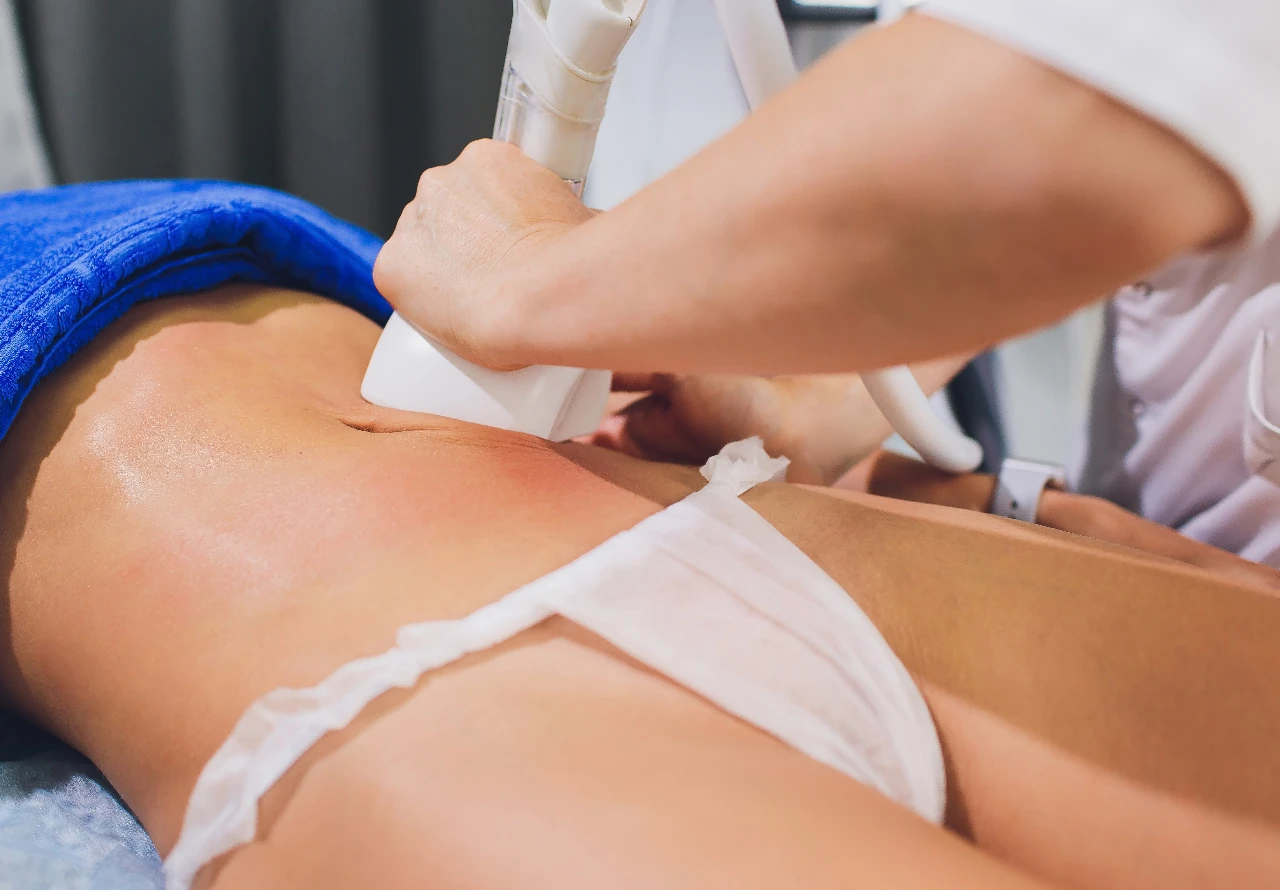We use cookies to help you navigate efficiently and perform certain functions. You will find detailed information about all cookies under each consent category below.
The cookies that are categorized as "Necessary" are stored on your browser as they are essential for enabling the basic functionalities of the site. ...
Necessary cookies are required to enable the basic features of this site, such as providing secure log-in or adjusting your consent preferences. These cookies do not store any personally identifiable data.
Functional cookies help perform certain functionalities like sharing the content of the website on social media platforms, collecting feedback, and other third-party features.
Analytical cookies are used to understand how visitors interact with the website. These cookies help provide information on metrics such as the number of visitors, bounce rate, traffic source, etc.
Performance cookies are used to understand and analyze the key performance indexes of the website which helps in delivering a better user experience for the visitors.
Advertisement cookies are used to provide visitors with customized advertisements based on the pages you visited previously and to analyze the effectiveness of the ad campaigns.

The recovery period following surgical interventions can often be physically and emotionally draining. Lymphatic drainage massage, as a specialized therapeutic procedure, is becoming an increasingly recognized tool in postoperative recovery, helping patients return to their daily lives more quickly and comfortably.
The lymphatic system, our body’s own “detox network,” plays a vital role in regulating and removing interstitial fluids, toxins, and other unwanted materials. Surgery can damage this delicate system, leading to fluid accumulation, swelling, and increased pain.
Proper lymphatic circulation facilitates quicker cell regeneration and wound healing by helping to remove inflammatory and infectious materials from the wound area. Lymphatic drainage massage enhances this process, supporting the body’s natural healing mechanisms.
One of the primary challenges after surgery is managing swelling. The gentle, rhythmic movements of lymphatic drainage massage stimulate the flow of lymphatic fluid, helping to reduce accumulated fluids and alleviate swelling in affected areas.
Lymphatic drainage massage not only reduces swelling but also alleviates pain. The soothing effect of the massage and increased lymph flow decrease inflammation, directly reducing pain and improving the overall well-being of the patient.
Lymphatic drainage massage promotes the delivery of nutrients and oxygen to wounds, thereby supporting faster and more effective wound healing. The increased lymph flow helps remove toxins and waste materials from around the wound, facilitating clean and quick healing.
Incorporating lymphatic drainage massage into a postoperative recovery plan is becoming a common practice. This not only aims to shorten recovery time and increase comfort but also represents an active step towards improving the overall well-being of patients.
Although lymphatic drainage massage can offer numerous benefits after surgery, it’s important to note that the ideal starting time should be determined by a physician, taking into account the condition of the wound and the patient’s individual healing process. Generally, it’s recommended to wait a few weeks after surgery for the wound to sufficiently heal before beginning lymphatic drainage massage treatments.
Customizing lymphatic drainage massage plans is key to achieving the best results. An experienced therapist can assess the patient’s condition and create a tailored treatment plan that considers the type of surgery, the location of the incision, and the patient’s overall health status.
Lymphatic drainage massage can play a critical role in the healing process following surgical procedures, aiding in faster recovery, reducing swelling and pain, and promoting wound healing. The treatment can provide not just physical but also emotional relief, helping patients return to their daily activities sooner.
Collaboration with medical professionals and tailoring treatments to individual needs ensure that lymphatic drainage massage effectively supports patients’ recovery. As more people recognize the benefits of lymphatic drainage massage, it is expected to become an increasingly important component of postoperative healing protocols.Our experts have mastered one of the best methods of manual lymphatic massage in Europe! Contact us for assistance! Request an appointment now!